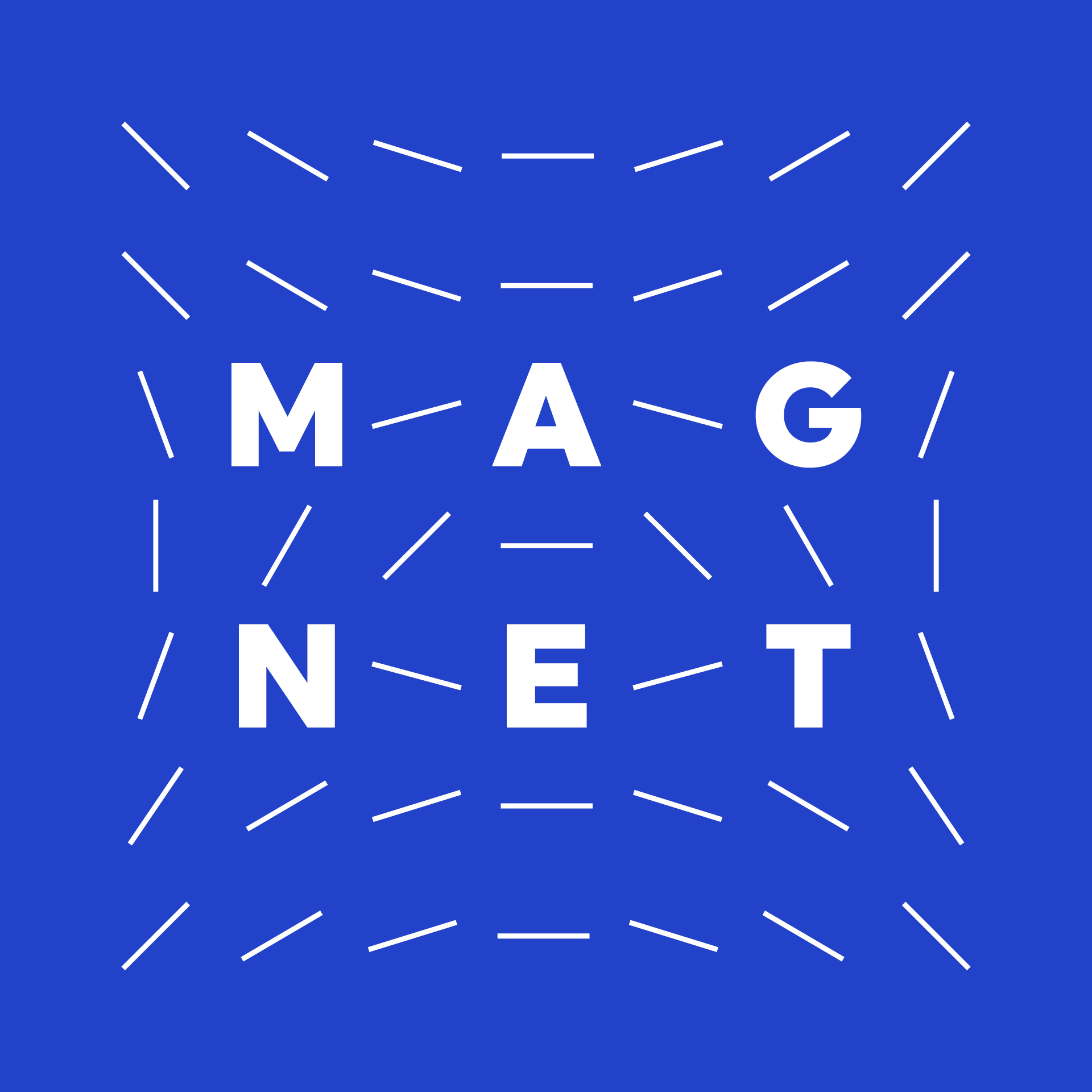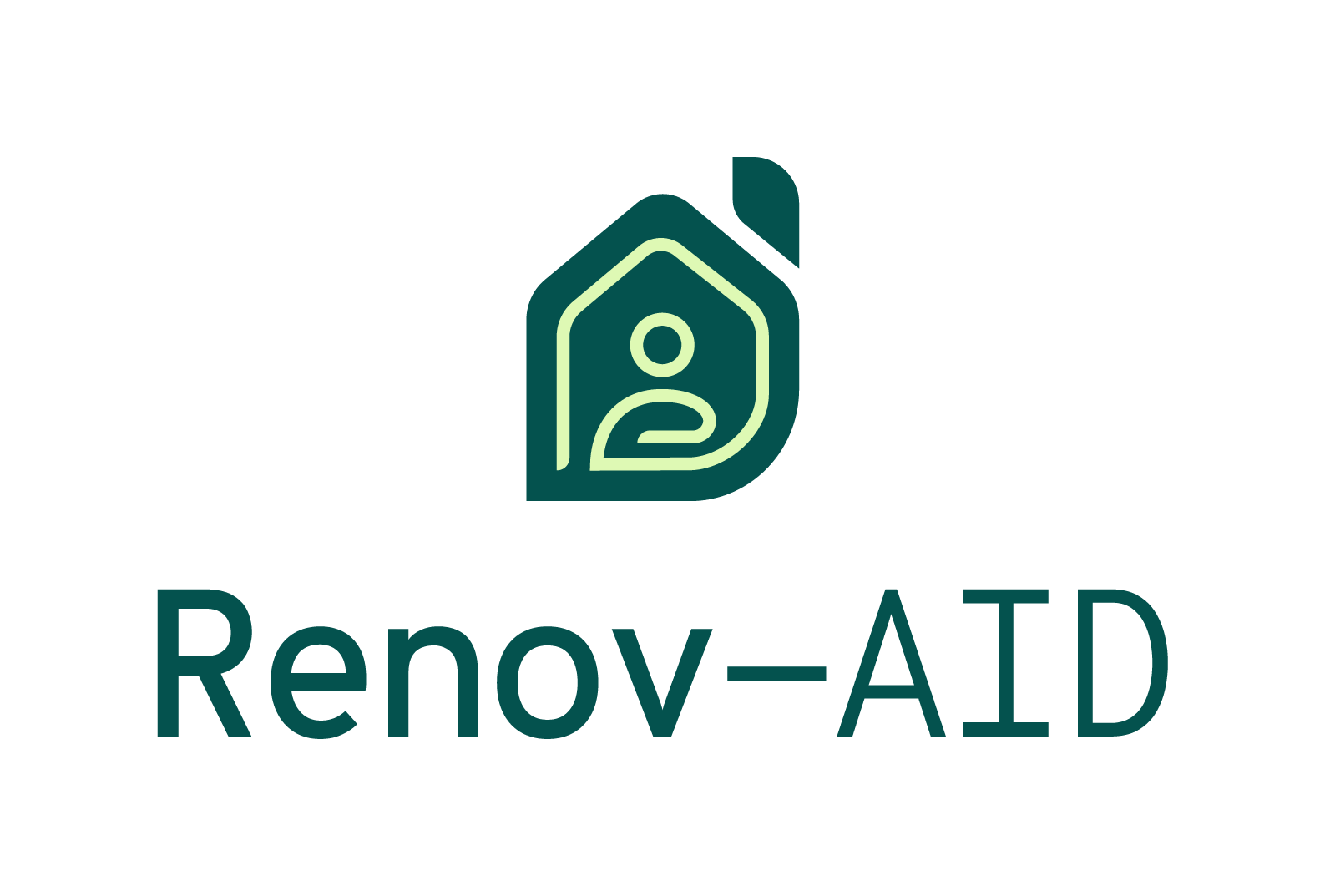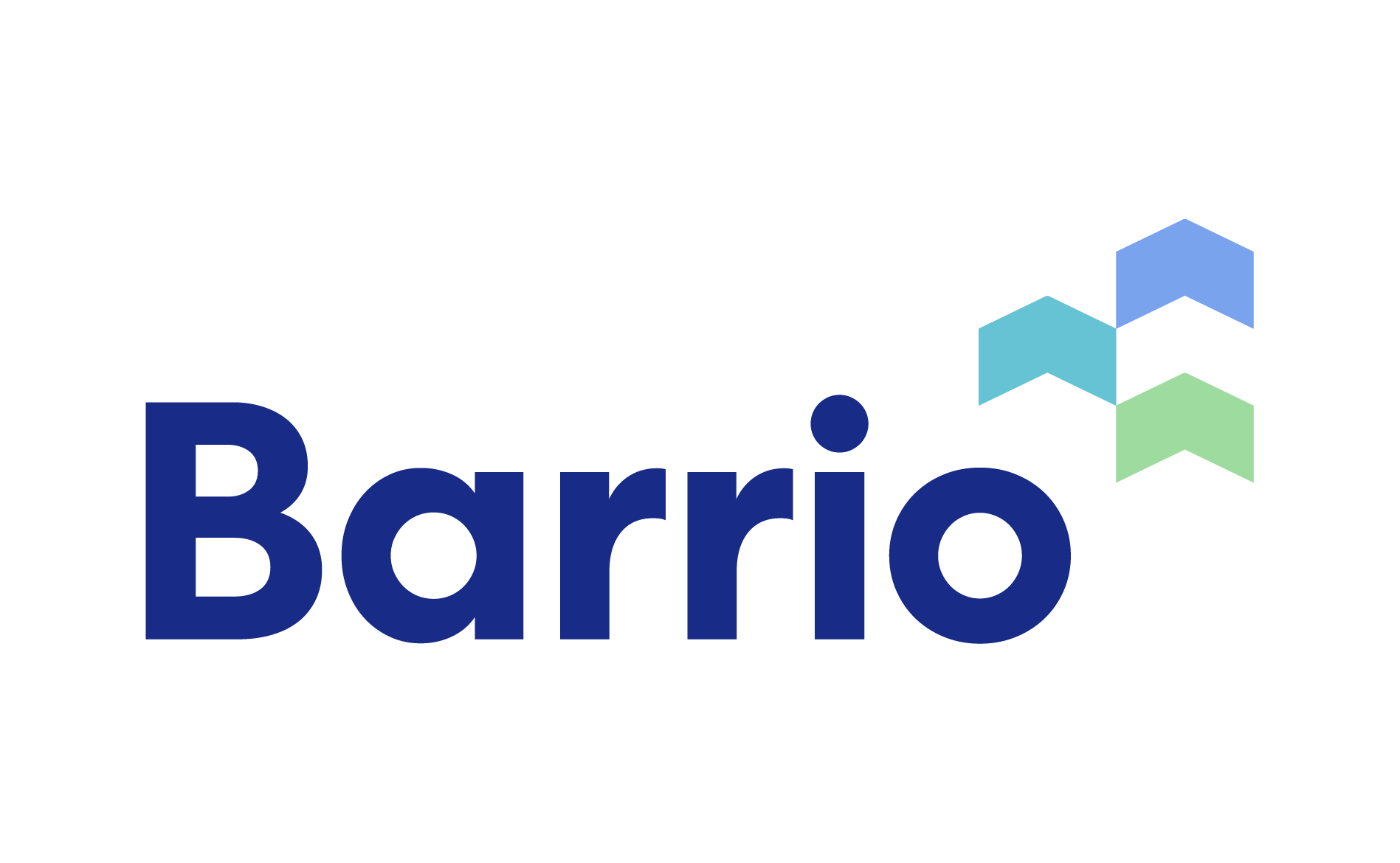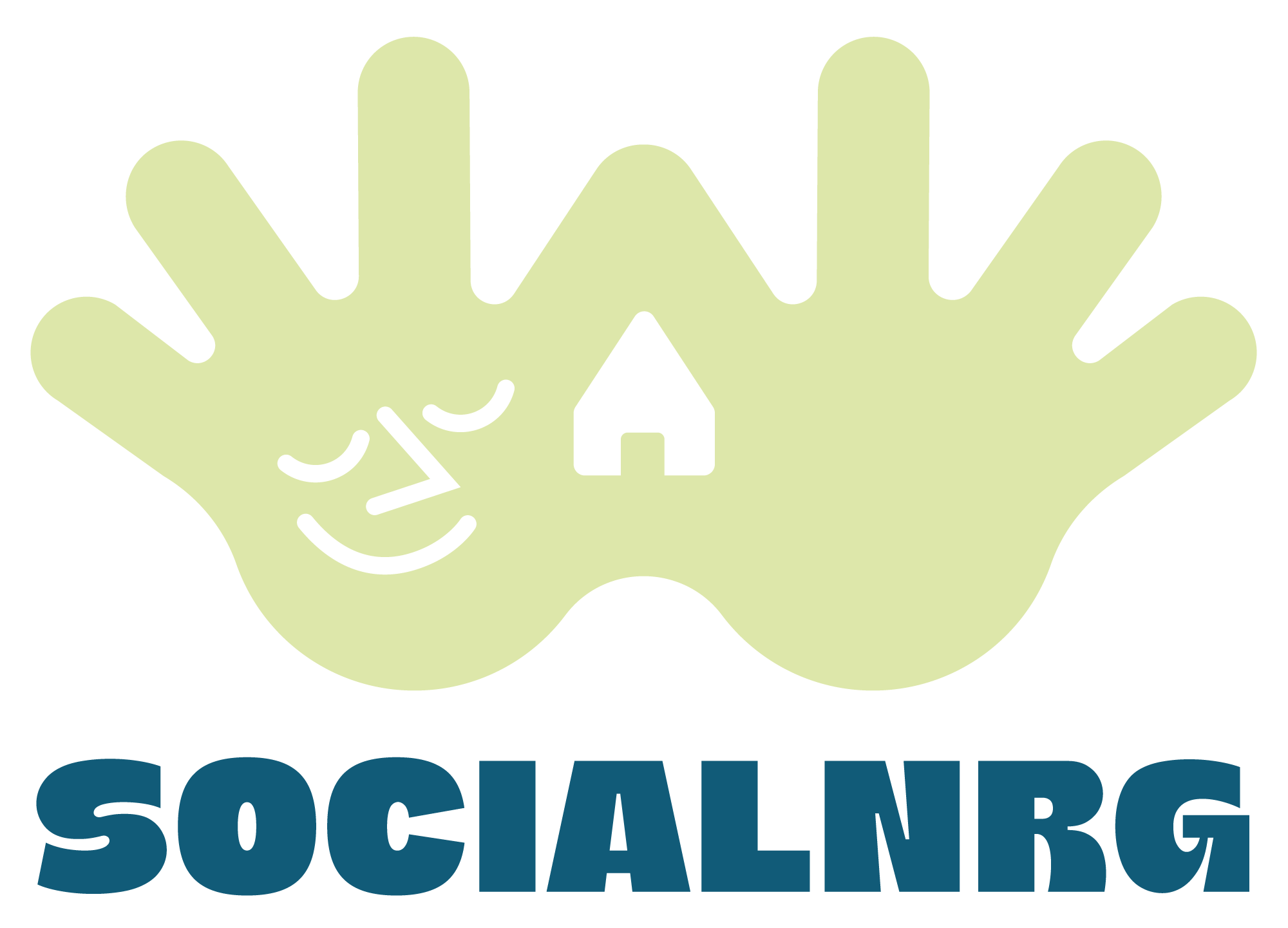The Renov-AID project in Slovenia follows the revised directives on Energy Efficiency (EED) and Energy Performance of Buildings (EPBD), which introduce “one-stop shops” (OSS) to support energy renovations. The aim of the project is to establish OSS in three Slovenian cities, where citizens will be offered comprehensive services for home renovation, ranging from consulting to financing. Renov-AID seeks to improve access to technical and financial renovation services, raise awareness about energy efficiency, and reduce energy poverty. The project will establish a network of OSS that will encourage renovations and reduce CO₂ emissions.
All projects
Sort by
Latest project
2025
1. September 2025
To 30. September 2028

BUSUnited
BUILD UP Skills United (BUSUnited) is a LIFE Clean Energy Transition project that strengthens EU-wide collaboration on sustainable energy skills in the construction sector by connecting practitioners through Communities of Practice, supporting upskilling, innovation, and implementation of national and European skills strategies.
2024
4. December 2024
To 4. December 2025

DIGI-LEK
Feasibility study on optimising energy-efficiency and renewable-energy planning via digitalisation of local energy concepts.
2024
1. December 2024
To 31. May 2028

MAG-NET
The MAG-NET project is developing and establishing a sustainable and transferable people-centered development model for co-creating solutions to societal challenges in cities.
2024
1. November 2024
To 31. October 2027

Renov-AID
2024
1. October 2024
To 30. September 2027

Barrio
The BARRIO project addresses challenges in scaling building renovations and fragmentation in supply and demand. Europe’s construction sector accounts for 36% of emissions and 40% of energy use, with 75% of buildings still energy inefficient. BARRIO aims to accelerate renovation by enhancing service access, focusing on larger areas (e.g., neighborhoods), and developing tailored business models. A multidisciplinary tool will be piloted in Slovenia, Spain, Italy, and Bulgaria to cluster buildings by shared traits, compare renovation models, and create actionable plans, adaptable to cities across Europe and globally.
2024
1. October 2024
To 30. September 2027

SOCIALNRG
The SOCIALNRG project tackles energy poverty by empowering vulnerable households as experts to shape sustainable energy solutions. Implementing adaptable energy community models in social housing in Slovenia, Italy, and Belgium, the project emphasizes co-creation, peer learning, and policy recommendations. Key goals include fostering community energy models that lower costs, enhance sustainability, and build community trust. SOCIALNRG also forms Local Advisory Boards to bridge sectors and develop replicable, customizable blueprints and capacity-building programs in nine additional EU countries. IRI UL leads WP2 on household engagement, qualitative research, Slovenian pilot planning, and supports dissemination and training.